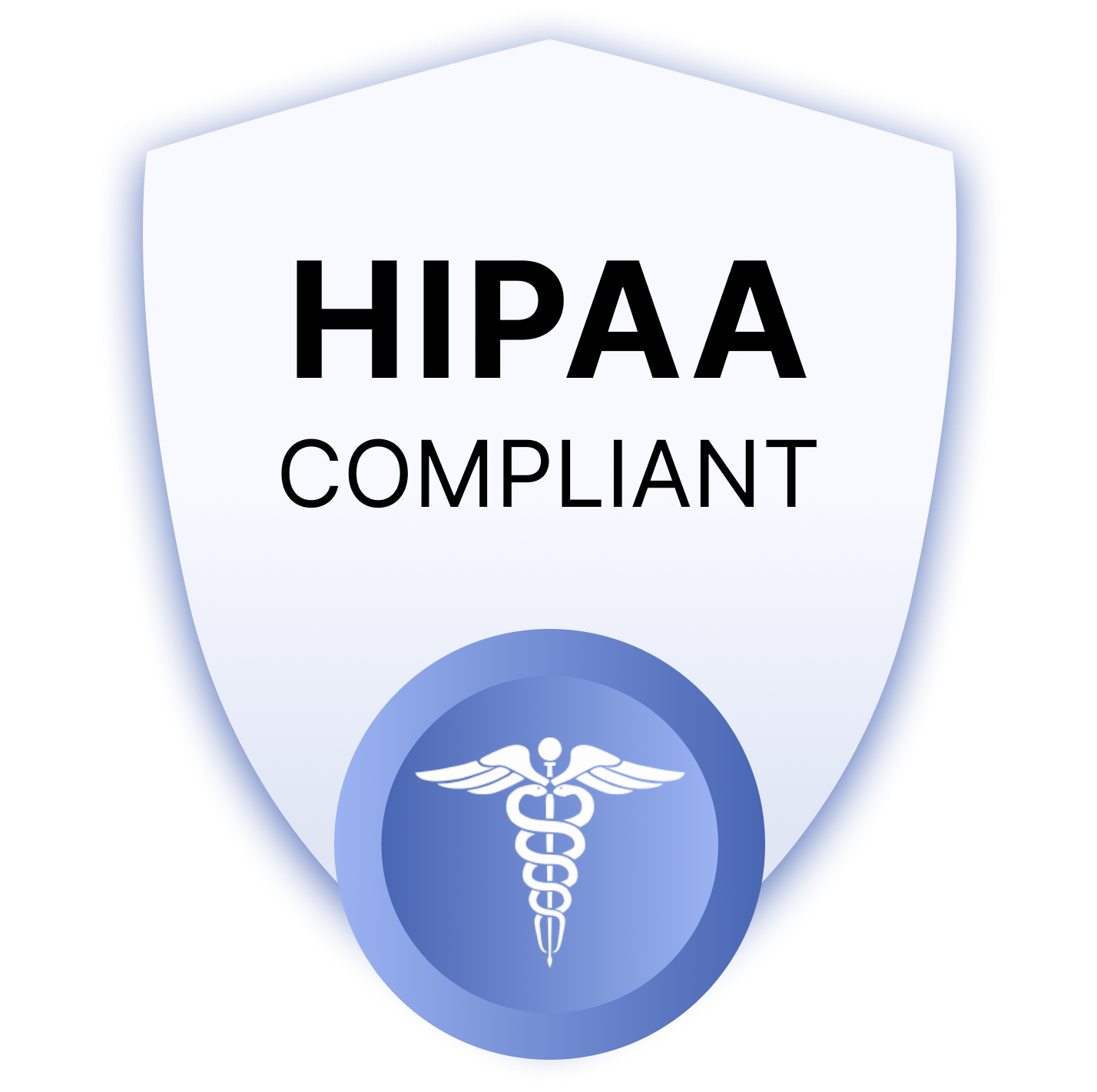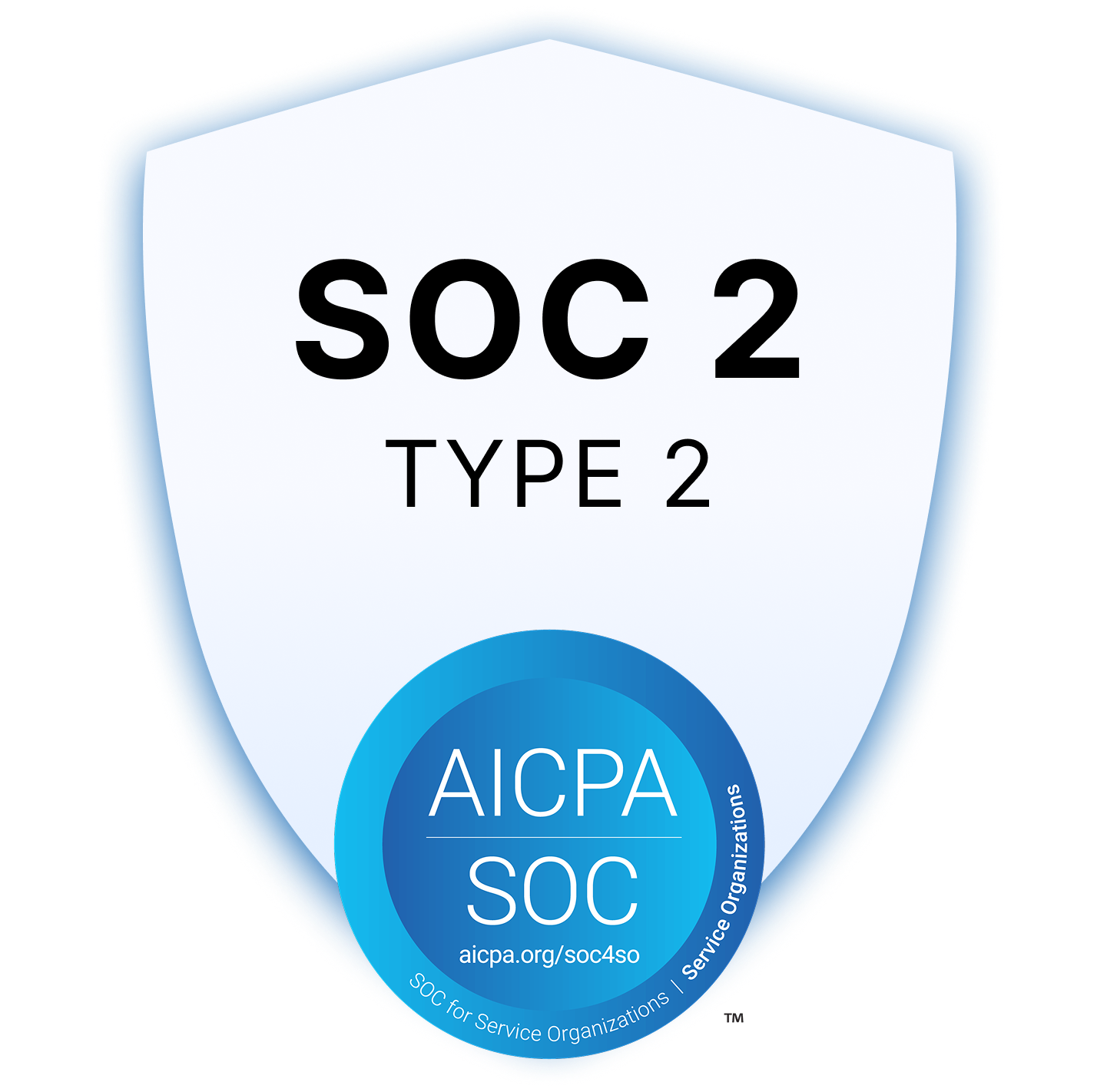Is ClickUp HIPAA Compliant? How to Check (2026 Update)

✅ ClickUp states on their official website that they are a HIPAA compliant Project Management software suitable for use in healthcare.
ClickUp is a versatile project management platform that can assist healthcare professionals in organizing tasks, collaborating with teams, and improving productivity. It offers features like task management, document sharing, team communication, and goal tracking, enabling healthcare professionals to streamline patient workflows, enhance clinical coordination, and deliver efficient patient care.
They state on their website that ClickUp is HIPAA compliant which is clearly a positive sign, but the Health Insurance Portability and Accountability Act (HIPAA) legislation states that you can’t stop here and you need to thoroughly vet the vendor.
According to the HIPAA rules for Covered Entities and Business Associates:
'If a covered entity engages a business associate to help it carry out its health care activities and functions, the covered entity must have a written business associate contract or other arrangement with the business associate that establishes specifically what the business associate has been engaged to do and requires the business associate to comply with the Rules’ requirements to protect the privacy and security of protected health information. In addition to these contractual obligations, business associates are directly liable for compliance with certain provisions of the HIPAA Rules.'
Below we provide some general guidelines on how to first quickly screen this vendor for the HIPAA compliance fundamentals, and if all initial checks pass successfully, then to proceed and do your own in-depth audit to ensure that this vendor will qualify as your HIPAA-compliant Business Associate.
Keragon
Quick Check on HIPAA Compliance Fundamentals for ClickUp
A. Does ClickUp claim to be HIPAA compliant?
✅ They communicate they are HIPAA compliant which is a positive sign, as they legally commit from their side using such public statements.
'"With ClickUp, healthcare teams can work confidently with world-class security. ClickUp is SOC 2 compliant and its Enterprise Plan is HIPAA complaint and features Custom Roles, giving you advanced controls over user permissions and access."'
Source: ClickUp Healthcare Project Management
B. Does ClickUp sign a Business Associate Agreement (BAA)?
✅ They state they will sign their standard BAA with covered entities/business associates, which is again a good sign because if they don’t sign a BAA then it’s a deal-breaker for HIPAA compliance.
'"If you need a BAA agreement, you'll need to upgrade to the Enterprise plan. Due to the regulatory and legal costs, BAA agreements are only issued for Enterprise users."'
Source: ClickUp Compliance FAQ
C. Does ClickUp claim they take measures to keep patient data private & secure?
✅ They publicly outline various of the privacy & security safeguards they have in place, but these can be very broad statements and you need to check the low level details here.
'"We have achieved audit certification for Service Organization Controls (SOC 2) Trust Services Principles, focused on security. Our continued SOC 2 certification ensures our organizational and technical controls are independently audited at least annually."'
Source: ClickUp Security Statement

Vendor Audit for Checking if ClickUp is HIPAA Compliant
There is no one-size-fits-all set of requirements when selecting a 3rd party vendor as one of your HIPAA-compliant Business Associates, but here are some general guidelines:
1. Eligible Plan
First, you need to determine on which plans they offer HIPAA compliance and whether pricing makes sense for you:
- "If you need a BAA agreement, you'll need to upgrade to the Enterprise plan. Due to the regulatory and legal costs, BAA agreements are only issued for Enterprise users."
Source: ClickUp Compliance FAQ
2. Legal Contracts
Then, you need to carefully review & sign their legal contracts, especially their Business Associate Agreement and Terms of Service (ask them for the latest versions - in some cases, you might need to sign an NDA):
3. HIPAA Safeguards
After that, you need to determine if they have implemented appropriate HIPAA safeguards in order to comply with the 3 HIPAA rules:
- HIPAA Privacy Rule: Ensure patient confidentiality, keep track of disclosures, disclose minimum amount of information, notify individuals of the use of their ePHI etc.
- HIPAA Security Rule: Implement & maintain administrative, physical & technical safeguards to protect patient ePHI such as having a disaster recovery plan, annual penetration tests etc.
- HIPAA Breach Notification Rule: Report on data breaches within the required timeframe & to the appropriate regulating body/affected individuals/media, as applicable.
In order to make this determination, you can:
- ask them for any externally-audited security certification they might have (i.e. SOC2 Type 2, HITRUST, ISO 27001 etc)
- review any publicly-shared security & privacy statements and ask them questions
- send them a Vendor Security Questionnaire
4. PHI Access
At the same time, you need to also review their auditing/logging capabilities for all activity related to electronic Protected Health Information (ePHI) access.
5. Re-assessment
Finally, at least once a year, reassess whether or not the vendor is still in compliance with HIPAA.
Source 1: U.S. Department of Health & Human Services HIPAA Privacy Rule Guidance Material
Source 2: U.S. Department of Health & Human Services HIPAA Security Rule Guidance Material
Final Remarks on ClickUp’s HIPAA Compliance Status
HIPAA compliance has no one-size-fits-all vendor assessment methodology but we have covered here various best practices on how to thoroughly evaluate ClickUp for HIPAA compliance, so that they can be eventually trusted to process or store your sensitive patient data.
Regardless of the above, for all your 3rd party vendors, you need to follow the fundamental HIPAA principle and always disclose to them the 'minimum necessary' information, which means only disclosing the amount of PHI you absolutely have to.
If you follow the 'minimum necessary' principle and you regularly evaluate your 3rd party vendors for their commitment to the HIPAA standards while having solid Business Associate Agreements with them in place, then you can minimize the risk of a potential HIPAA violation and decrease the probability of a damaging data breach happening in the first place.
DISCLAIMER:
The above is provided for informational purposes only and in order to help encourage adoption of security & privacy best practices for handling sensitive patient data. It does NOT constitute legal or healthcare advice in any way. The information presented here has been collected either from publicly available information or through direct email communication with the company, and everyone needs to perform their own independent HIPAA compliance audit before selecting any 3rd party vendor as their Business Associate that will process any type of their Protected Health Information (PHI). Keragon Inc is not liable for any damage or liabilities arising out of or connected in any manner with information found on this page.
HIPAA Checker









